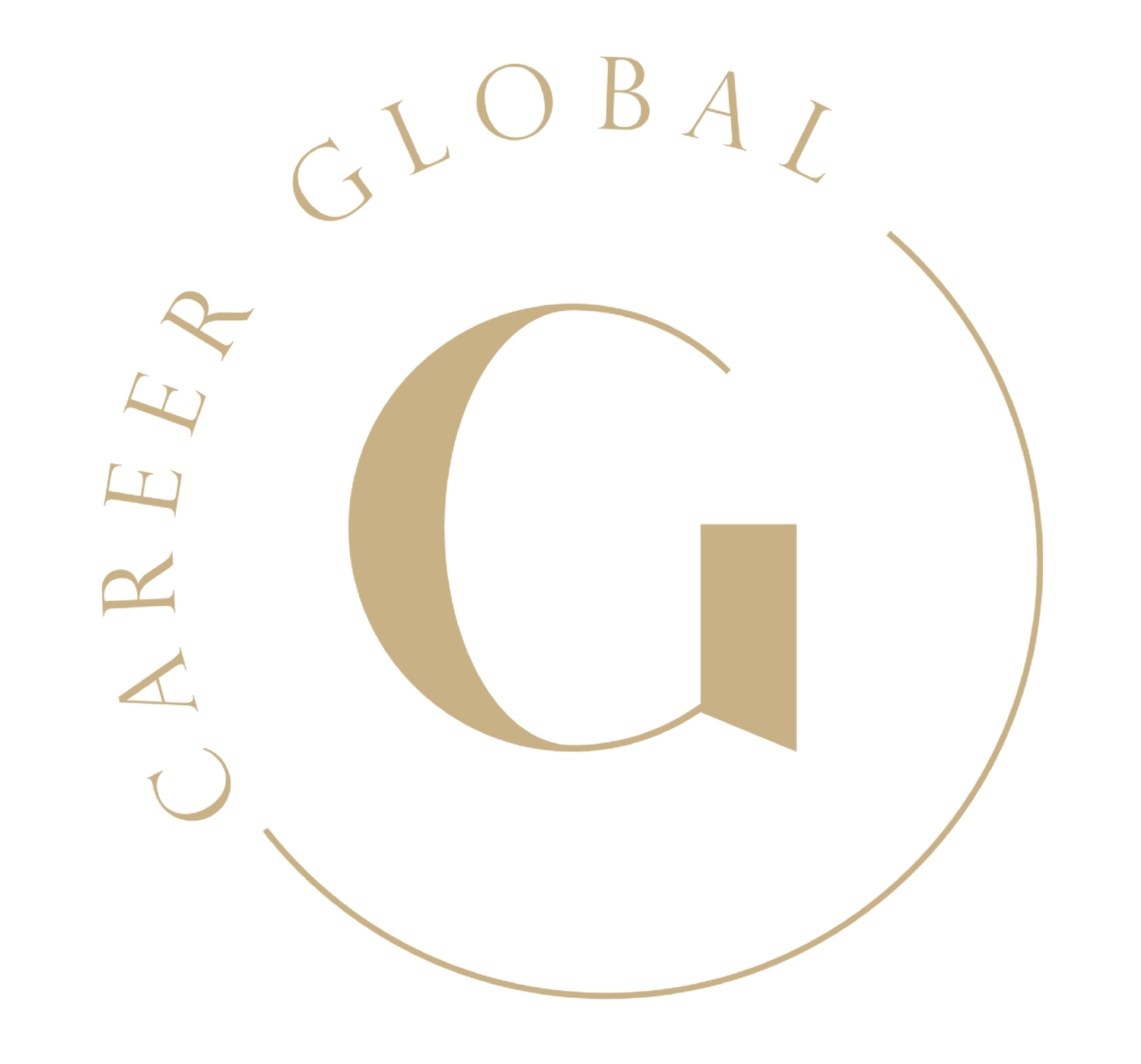4 Résumé Writing Myths Debunked
Sometimes too much information can be a detriment to progress. We’ve all become Google addicts and trust everyone with a blog. When we find ourselves in a moment of confusion, we claw for any source of information on résumé writing that appears credible.
News flash! You may realize this already, but everything on the Internet isn’t credible. As a professional résumé writer and career coach, I spend a lot of my time debunking the misleading résumé myths out there, which often take the job search backward, not forward. Here are a few résumé writing rules that I want to debunk once and for all.
“MY RÉSUMÉ CAN’T BE MORE THAN ONE PAGE.”
I have to admit, this one gets me every time. Why? Because appropriate résumé length is one of the oldest and most confusing questions in the book. I am aware that recruiters and hiring managers still sometimes ask for one-page résumés to save themselves time, and if that’s what they’re asking for, you’re best off following the rules. In such a situation, I suggest that you cut down your summary and career highlights and avoid shortchanging your professional history.
Recruiters want to see what you’ve done recently, as quickly as possible, but to require you to stick to one page is unusual. The average professional résumé is two pages. That’s right, two pages! For working professionals who have held more than two positions, it’s impossible to tell a complete career story within one page. So get that out of your mind!
Unless you’re specifically asked to stick to one page, you won’t be penalized or looked at as crazy if you have a two-page résumé. That’s the standard. (Of course, if you are a new graduate with little to no experience, stick to one page until you have more to say.)
“I NEED TO BUY A TRENDY TEMPLATE IN ORDER TO STAND OUT.”
If you are a fan of the shopping community Etsy, you know that they provide a platform for artists of all kinds offering handmade versions of just about everything, including résumé templates. Most of these templates include fancy designs, colors, and fonts, which definitely give your résumé some needed oomph. And you know I’m a fan of résumé oomph!
But the résumé templates on Etsy, for example, are often not created by professional résumé writers who understand what it takes to make your new résumé ATS-friendly. They know design, not résumé writing. They can’t give you insightful résumé writing tips to make an impact. Your goal is to combine content and design in order to cast the widest net in your industry and get the best results. My advice? Learn what your résumé needs before you purchase a template, so when you do, you’re able to maximize its use.
“MY RÉSUMÉ NEEDS TO BE GENERAL SO THAT I CAN APPLY TO MORE JOBS.”
Here’s what you need to know about general résumés: they suck. The worst thing you can do is have a general résumé. Trust me, I get the logic. You think a general résumé will allow you to apply for more positions and get more exposure, but it actually has the complete opposite effect. A general résumé is like a movie without a title or synopsis. Would you buy a movie ticket without knowing anything about it?
Hiring managers don’t have the time or patience to figure out what you’re applying for and what problems you solve. From the moment they open your résumé, they should be getting the answers to their questions. All questions, including, “What’s your expertise?” and “What can you do for us?” should be answered for them. If you don’t tell them, they’re not going to take the time to figure it out. That’s your job.
It helps to think of your résumé as a sales pitch. General sales pitches don’t work for unique items, and in this case, the unique item is you. So sell you! This is your career story, not theirs.
“TO GET MY RÉSUMÉ ATS-FRIENDLY, IT HAS TO BE AS PLAIN AS POSSIBLE.”
Technology evolves. Just like computers or phones, applicant tracking systems (ATS) evolve very quickly. In case you don’t know, ATS is a software application used by recruiters and companies to sort and score résumés and make them searchable according to industry-related keywords. Yes, you want your résumé to be easily uploaded to an ATS, but it doesn’t have to be free of formatting.
Using graphics, color, special fonts, or fancy bullets won’t affect your ATS scoring or hurt your résumé’s findability. And don’t forget, they will usually have a Microsoft Word version of your résumé as a reference. Don’t be afraid to add a “wow” factor to your career branding documents. Just be sure you don’t format all the information in text boxes or use unusual symbols.
We like to worry, don’t we? We have these “rules” floating in our head before we even begin writing, and thus make the task more complicated than it needs to be. Professional résumé writing tips are ever-changing. What was considered trendy a few years ago is no longer relevant today, and I want you to throw these inaccurate ideas about résumé writing in the trash once and for all. Keep me posted on your results!
** If you’ve enjoyed this article, please like, share, or leave a comment below!
Looking for career coaching? We can help. At Career Global, we provide high-touch career brand coaching services that guide ambitious professional women through our signature framework to gain clarity, define their niche, get paid for their value (not for time), and increase industry impact in and out of the workplace. Click HERE to learn more.

